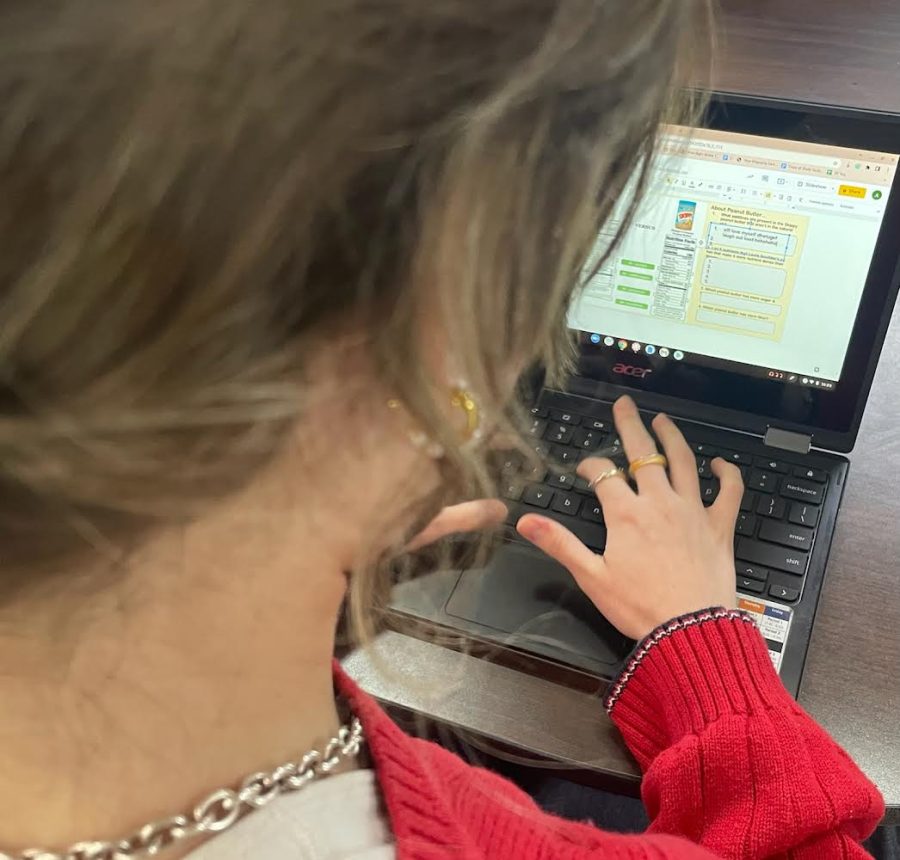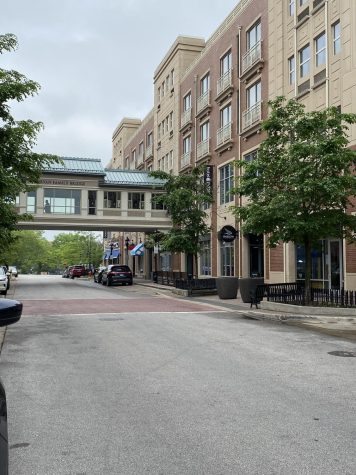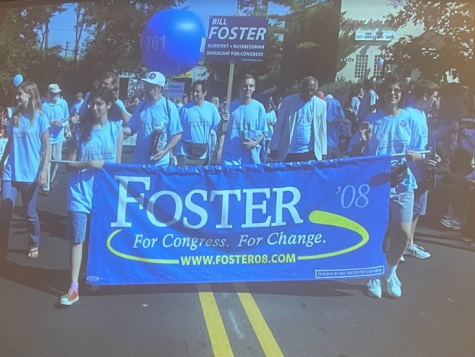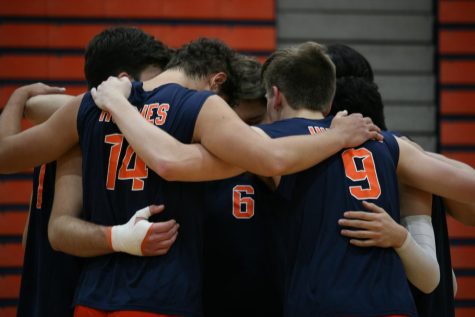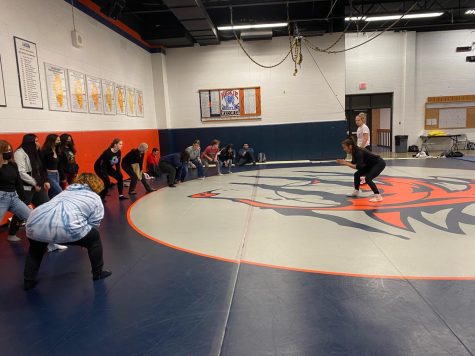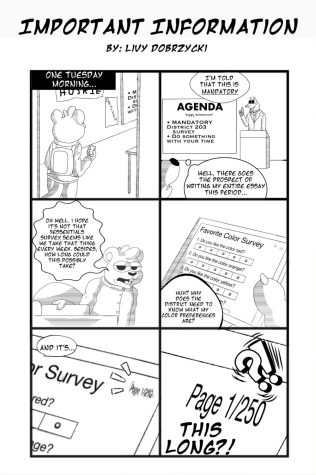The social stigma of student quarantines
As the Omicron variant surged across the U.S, the number of cases among children and teenagers reached new heights and students at Naperville North High School were no exception. Having reached 289 student quarantines within the first weeks of January, the uptick in cases has not only brought health and safety challenges, but social difficulties as well for many NNHS students.
District 203 protocol encourages a five or ten day quarantine, depending on the state of symptoms, for students who have tested positive for COVID-19. The combination of returning to pre-pandemic activities and the more contagious Omicron has led to these prolonged absences being increasingly common in the past month.
As a result, students dealt with not only the frustration of quarantining, but the challenge of revealing their COVID-19 status to others.
A primary concern for many students was receiving a negative reaction from their peers. Ava Angele, an NNHS junior, says that she was initially worried people would react apprehensively to the news of her quarantine, but the people she told ended up being supportive.
“I was scared to tell people because I thought they would be like ‘ew, oh my God! Get away from me!’ but they were more like ‘okay thank you for telling me, feel better,’” Angele said.
Angele’s thought process is common among many other North students. Ella Carnahan, a senior who quarantined for close contact, noted that when she shared the news of her close contact with others, their immediate response was to promise discretion.
“I would tell people I’m quarantining because my brother has it and people would say ‘oh okay we won’t tell anyone.’ And I thought, ‘why not?’ because this is a virus that does spread, and it’s important to tell people,” Carnahan said.
Nearly two years since the first lockdown, the stigma that contracting COVID-19 is a deliberate misstep, rather than a consequence of daily living, continued to linger. And for many North students, the slurry of emotions that come with quarantining can often consist of guilt and embarrassment.
Aasha Trivedi, an NNHS freshman who although has never needed to quarantine, says she still worries about the guilt and responsibility that would fall on her shoulders if she did end up getting Covid-19.
“I’d feel really bad if I’d given it to someone but I know it’s not my fault because I’m trying to be safe and I think that’s what everyone’s trying to do at this point,” Trivedi explained.
Carnahan described the stigma that she believes is the source of some of the negative emotions of quarantining as a student.
“I think it indicates that you’re doing something wrong,” Carnahan said.
Despite the numerous rules and regulations pertaining to COVID-19 safety, there was still a prominent gray area when considering how to handle positive tests and quarantining. Carnahan explained the importance of knowing and understanding the thoughts and emotions of those around you, because everyone reacts differently when it comes to dealing with COVID-19 cases.
“You don’t want to violate someone if they have Covid and are self conscious about it, but you also have to think of public safety. It’s a line that I don’t think we as a society have ever clearly drawn,” Carnahan said.

Grace is a senior at Naperville North this year and so excited to be returning to The North Star! She is looking forward to continuing to improve and refine...

